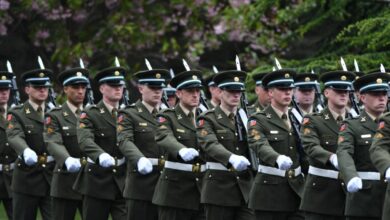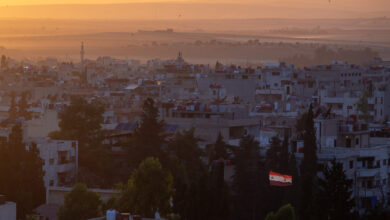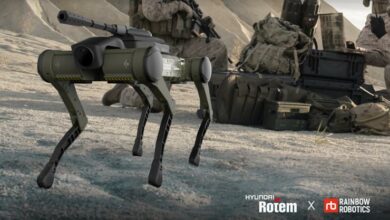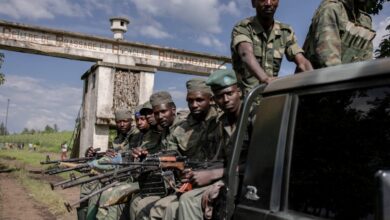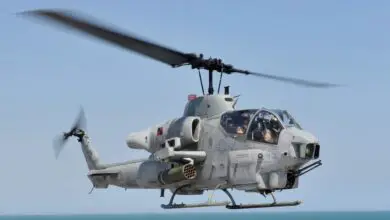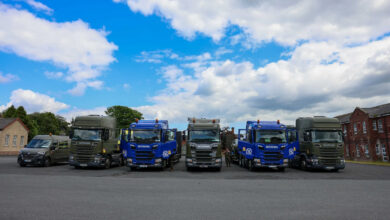Northern Ireland police uncovered a “significant” terrorist weapons hide containing mortar parts near Forkhill, close to the border between Ireland and Northern Ireland, police said in a Thursday release.
“Police have uncovered a significant terrorist hide containing component parts for mortars including six mortar tubes in a forested area at the Carewamean Road area of Forkhill following a search on Wednesday, 6 March,” the release said.
Police were made aware of suspicious items and “discovered the items buried in the ground in a wooded area in a constructed hide,” Detective Inspector Graham Orr from the Police Service of Northern Ireland Terrorist Investigation Unit said, adding that due to its location, vehicles or machinery may have been used to transport the materiel to the site.
Orr said the investigation is in its early stages and “a detailed forensic examination of all these items will take some time.”
He said that it was “too early to attribute ownership of these materials to any particular grouping or individual” but that “initial observations suggest that this is a more recent hide linked to dissident [Irish] republican activity.”
The find comes after searches conducted by Gardai (Irish police) in February near Omeath, around 10 km (6 miles) east on the other side of the border, first uncovered a mortar tube and a “substantial” quantity of ammunition, and later explosives, firearms and a “sizeable” quantity of ammunition.
Those searches were conducted as part of ongoing investigations targeting the activities of dissident Irish Republican groups.
The operations on both sides of the border come after a car bomb exploded outside a courthouse in the the city of Derry in the northwest of Northern Ireland in January. Dissident Irish republican group the New IRA was blamed for that attack.
The 1998 Good Friday or Belfast Agreement ended what is known as The Troubles, three decades of violence in Northern Ireland beginning in the late 1960s in which more than 3,500 people were killed, the majority by predominantly Catholic Irish republicans who want the reunification of Ireland, but also by Protestant loyalists who want Northern Ireland to remain part of the United Kingdom, as well as the security forces.
The violence also spilled over into Ireland, the United Kingdom mainland, and Europe.
Some paramilitary actors oppose the peace process that sprang from the agreement, and there have been sporadic violent incidents since.
Police in Northern Ireland and Ireland have said that a return to a hard border on the island after Brexit could result in an increase in attacks by militant groups.
The largest dissident Irish republican paramilitary group is known as the New IRA. It was formed in 2012 after a merger of several smaller groups with the Real IRA.
Irish police find explosives, firearms and ammunition near border







